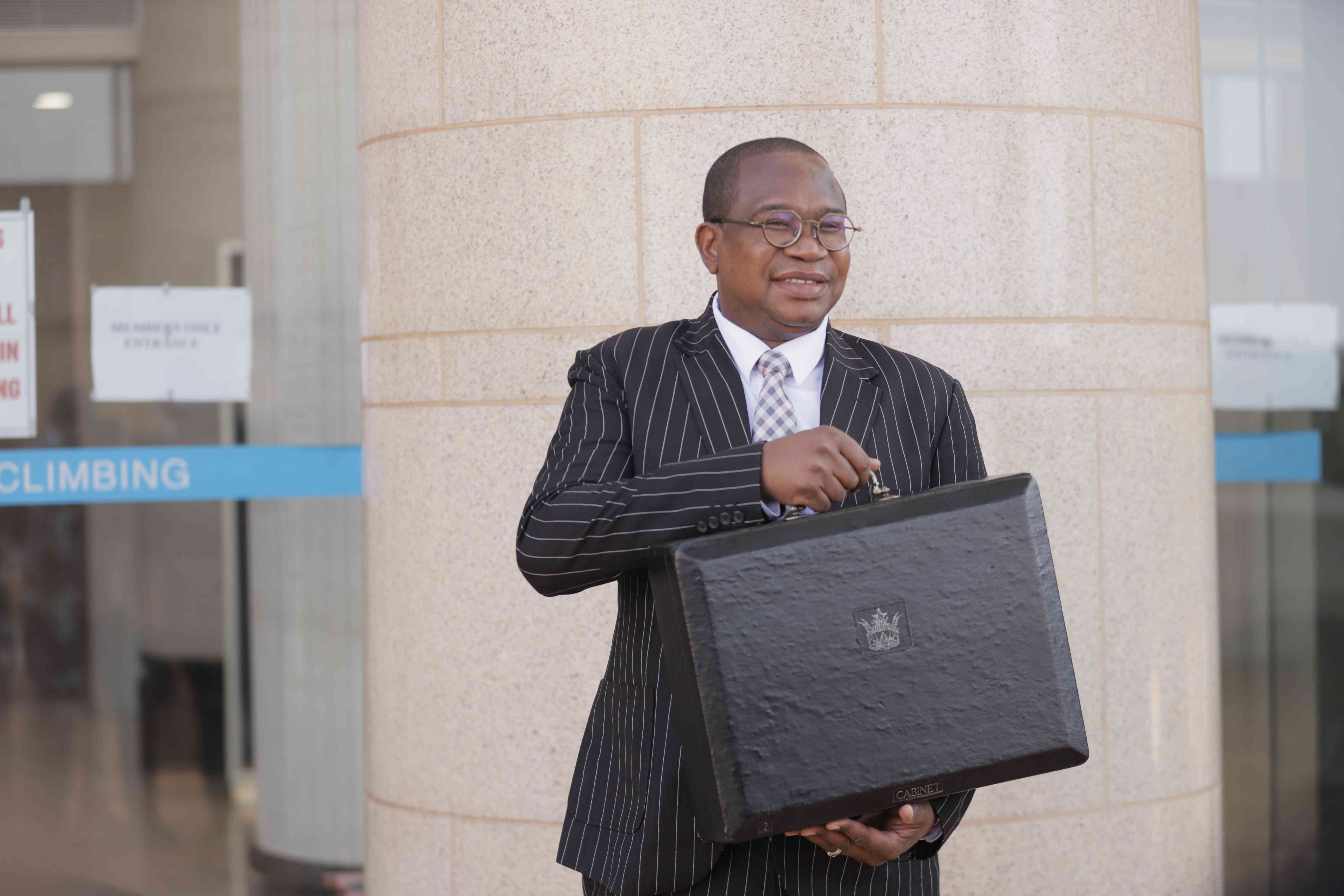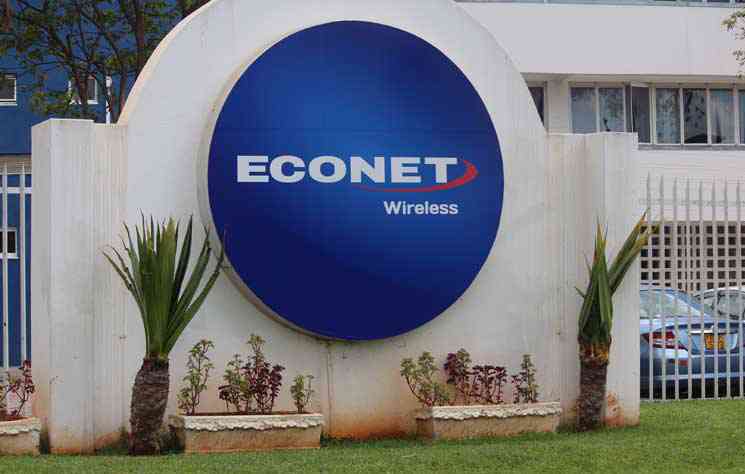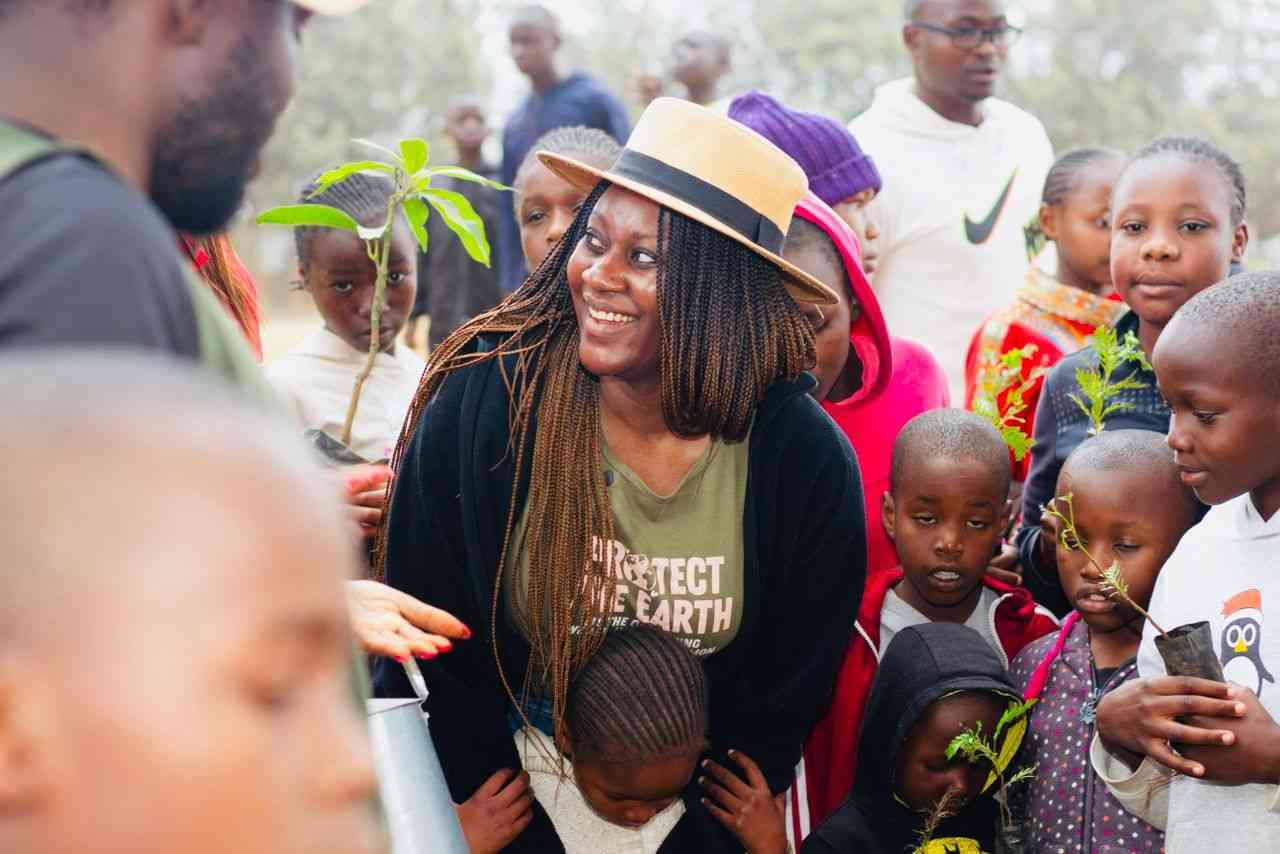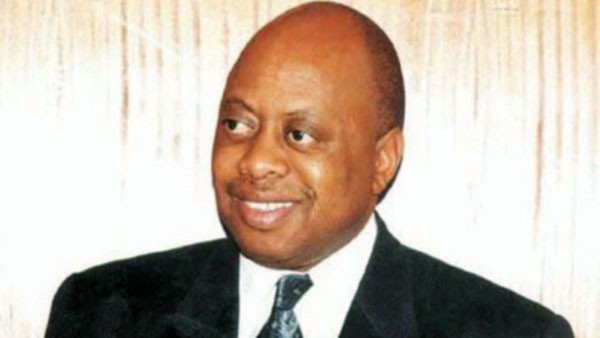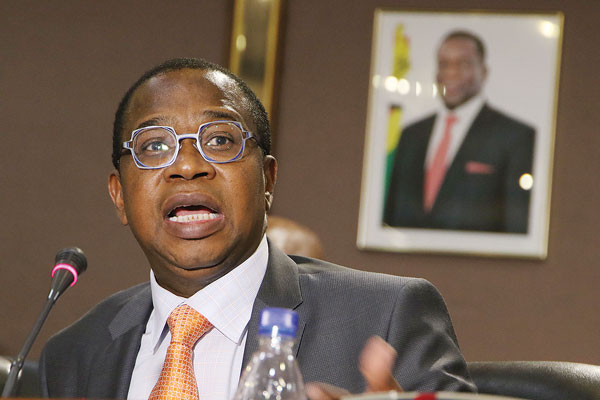
THE Community Working Group on Health (CWGH) yesterday said the supplementary budget for the health sector, which Finance minister Mthuli Ncube announced on Thursday last week is still inadequate in the face of rising disease and mortality levels in the country.
BY VENERANDA LANGA
CWGH executive director Itai Rusike told NewsDay in an interview that despite Ncube’s strong expressions, during the budget presentation, placed on social priorities including health, the supplementary budget for health only had a nominal increase which did not match priorities in the sector.
Zimbabwe’s per capita health spending in 2019 is a measly $41 per person after Ncube allocated only $755 million towards health in the 2019 Budget, which has also been increased by a small margin in the July supplementary budget.
“We would like to know whether the Ministry of Finance has any guide in its allocations of a level of per capita funding of health services that constitutes the ‘bottom line’ in terms of the rights or needs of citizens,” Rusike said.
“The supplementary budget allocation for the health sector is inadequate in the face of rising disease and mortality levels,” he said.
Rusike said there has been a massive increase in the cost of essential drugs in the country as well as a drop in the ability to purchase drugs by low income people resulting in barriers to access to healthcare due to the high costs.
“These trends are exacerbated by government failing to sufficiently look into the cost of health services. The state of the health services — near collapse — is directly related to government misplacing its priorities in not allocating adequate resources to the health sector,” he said.
- Chamisa under fire over US$120K donation
- Mavhunga puts DeMbare into Chibuku quarterfinals
- Pension funds bet on Cabora Bassa oilfields
- Councils defy govt fire tender directive
Keep Reading
The CWGH said government should start making health delivery a top priority if it is to save its health institutions from imminent collapse.
“We only hope that the Ministry of Health and Child Care will manage the additional funds allocated to them as efficiently and effectively as possible in order to maintain good health standards in the face of collapsing health services,” he said.
During his 2019 supplementary budget statement, Ncube said among some of the things that government will do for the health sector is to acquire 100 fully equipped ambulances.
“The Ministry of Health and Child Care has completed the tendering process for procurement of ambulances, and in this regard an amount of $68 million in additional funding is proposed to complete the procurement process that targets acquisition of 100 fully equipped ambulances,” Ncube said.
He also said to strengthen the referral health system, government was rehabilitating and upgrading health infrastructure as well as constructing rural health posts.
“With regards to central hospitals, refurbishment works for the medical gas reticulation system, theatres and incinerators at Mpilo and United Bulawayo Hospitals, have been completed. Following a fire outbreak which affected Mbuya Nehanda Maternity Hospital at Parirenyatwa Group of Hospitals in February 2019, refurbishment of wards and installation of new theatre equipment has been completed and the hospital is now fully operational,” Ncube said.

